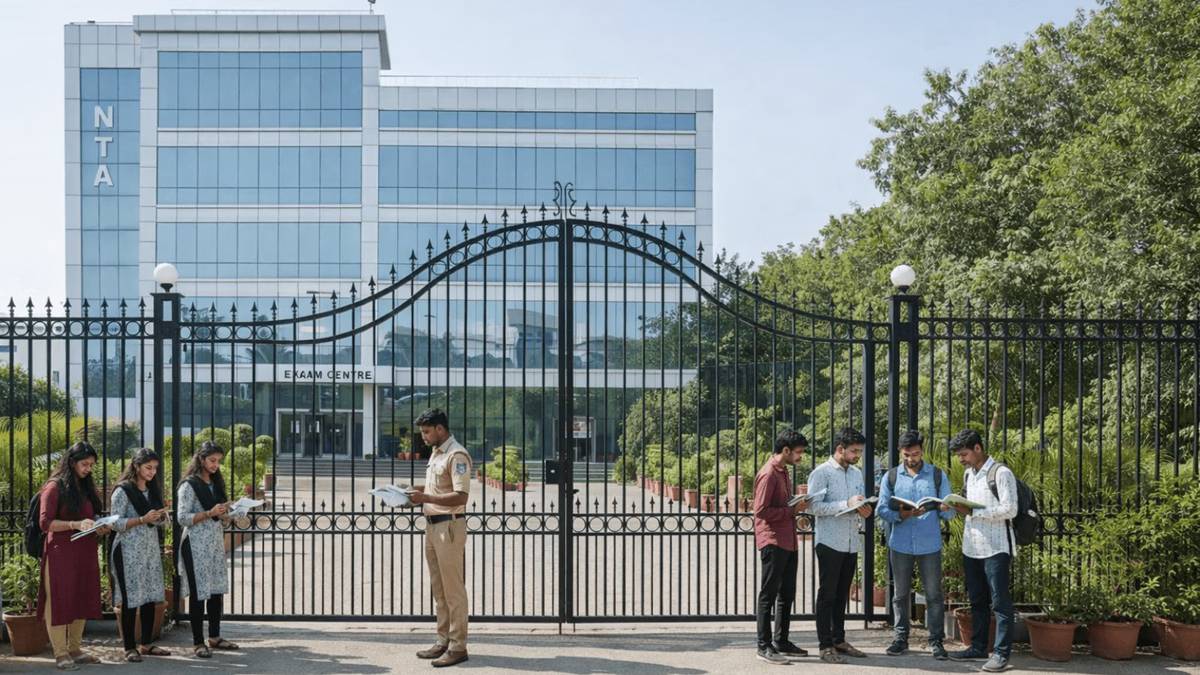By Quint Simon
India is charting a remarkable digitalisation journey for socio-economic growth and development. As per Nasscom, the Indian technology sector will grow 8.4% in 2023 with a potential to become a $245 billion sector, with over $190 billion in exports. An integral catalyst for India’s digital transformation is cloud computing, which plays a pivotal role in democratising access to cutting-edge technologies. It provides a equitable platform for startups, MSMEs, and large enterprises, fostering innovation on a level playing field.
India has also paved the way for government organisations to leverage advanced cloud services in developing and deploying citizen-scale digital public infrastructure (DPI) by being one of the first countries to have a cloud first policy. To sustain and build on this success, digital inclusion and digital skilling, cloud-enabled socio-economic development, and a regulatory balance that encourages business growth with the right safeguards for data protection and security will be vital for India’s digital future.
I was part of a panel on digital trust and skilling during the B20 Inception meeting in Gandhinagar last year and the discussions made clear that investing in upskilling the workforce and strengthening digital capabilities is imperative, across countries and in India. Amazon Web Services (AWS) has been a committed member of the B20 Digital Transformation Task Force, which accorded digital skilling a high priority in G20 countries. This has also been recognised in the G20 New Delhi Leaders’ Declaration which has welcomed a toolkit with adaptable frameworks for introducing digital upskilling programmes. The implementation of this toolkit will require a concerted effort, across academia and industry.
Other than accelerating India’s digital transformation, cloud computing is boosting socio-economic development in India. For example, Madura Microfinance empowers 17 million women in over 25,000 villages across six Indian states by offering loans to women’s SHGs. They’ve leveraged cloud computing for data analytics, resulting in a 50% y-o-y growth for this social cause. Another great example is BluSmart, which operates a fleet of over 4,000 EVs and has leveraged the cloud to optimise its EV fleet, scaling up and down to meet demand, and promoting sustainable transport in India.
At the recent Bloomberg New Energy Finance Delhi Summit, I had the opportunity to discuss the role of corporate power purchase agreements in meeting renewable energy (RE) goals. Thanks to the government’s dedication, Amazon has announced six utility-scale RE projects in India within a year that have a combined energy generating capacity of over 900 megawatts.
We see trust as a critical enabler for the digital ecosystem, which gives everybody the confidence to transact and interact safely online. India has proposed strengthening this through the upcoming Digital India Bill. There is much to learn from India’s progress and dedicated focus on a sustainable and inclusive digital future.
The author is head, Public Policy, APJ, Amazon Web Services








